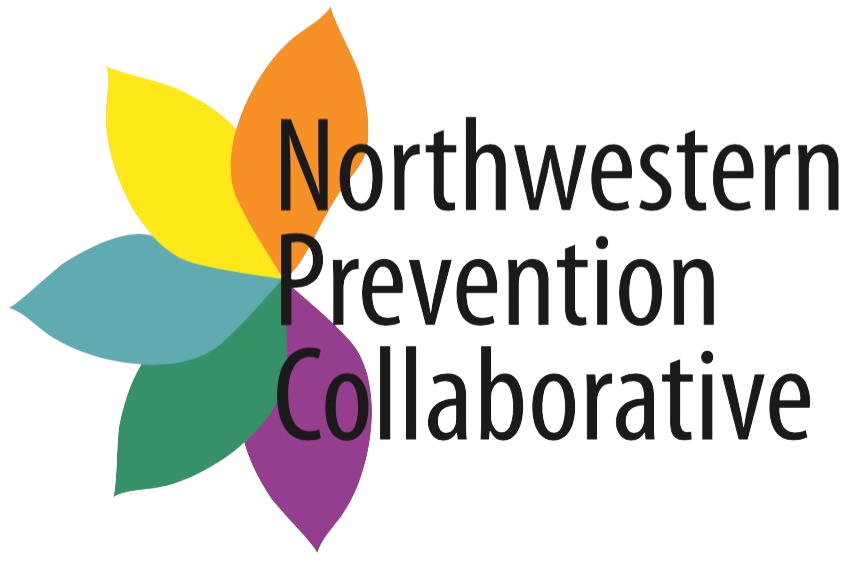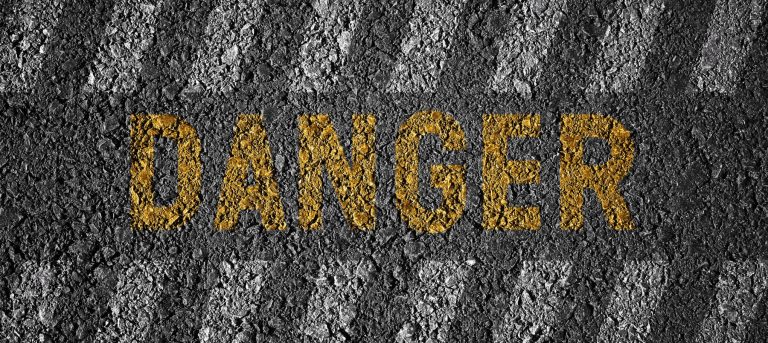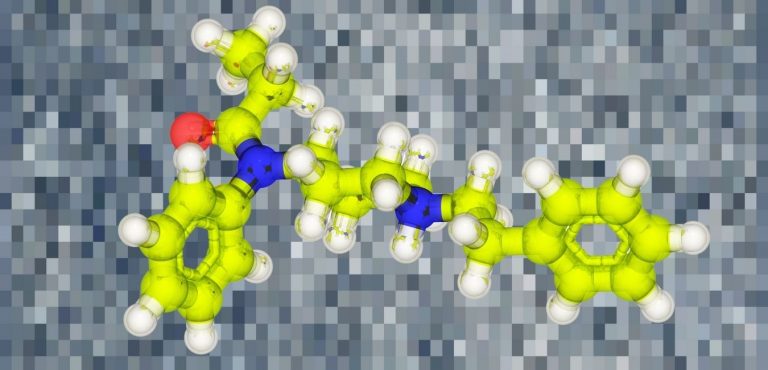Because of the more than 107,000 overdose deaths during the 12-month period ending October 2022, most people are aware of fentanyl, a synthetic opioid that is 100 times more powerful than morphine. Tranq, however, is relatively new to the illicit drug scene (it began making headlines in 2019). Although tranq is less familiar, its notoriety–and that of xylazine–is growing quickly.
On April 12, 2023, the White House declared fentanyl mixed with xylazine to be an “emerging threat” to the United States. This combination is commonly known as “tranq” or “tranq dope.” But what is xylazine, and what makes it so dangerous?
What is Xyalzine?
Xylazine is a tranquilizer (hence the street nickname of “tranq”) approved for use in veterinary medicine, including horses and cattle. It is used for sedation, anesthesia, muscle relaxation and analgesia. More than 3,000 people in the U.S. died from fentanyl-tranquilizer mixes in 2021, which was triple the fatalities from 2020.1 In addition to its deadly nature, it also causes necrosis—rotting flesh wounds—which has led some to call it a zombie drug. This necrosis can be so bad that amputations become necessary.
Although it was unknown only a few years ago, tranq has now been related to overdose deaths in 48 of 50 states. In 2022, the Drug Enforcement Agency found tranq in 23% of fentanyl powder and 7% of fentanyl pills that were tested.3
Effects of Xylazine
Xylazine is not approved for human use. Even in the animals for which it is used, it can cause a severe form of anemia. This symptom has been displayed in humans as a near-fatal form of blood iron deficiency, particularly when tranq is mixed with heroin.2
In humans, xylazine slows breathing and heart rate, and lowers blood pressure. The effects are similar to those of an opioid, which makes an overdose from either drug look very similar—a person could be mistaken for sleeping, when in reality they have stopped breathing completely. Unfortunately, naloxone (sold as the brand name Narcan), which is used to reverse and opioid overdose, has no effect on tranq.
This means that the mere presence of xylazine in any drug or pressed pill greatly increases the risk of death. Just as with fentanyl, people who use drugs are often unaware that xylazine is in what they are using, until it is too late.
Why Tranq?
The most frequent question posed are: “Why would drug dealers put deadly chemicals into their drugs? Why would they want to kill their customers?”
The answer is that they don’t want to kill their customers, but they are driven solely by profit. They use the cheapest products available to produce the best high for their customers at the highest profit margin. Drugs are now sold more on social media such as SnapChat and Instagram than on the street corner. If someone dies from an overdose, drug dealers have no trouble replacing the customer with one of the billions of people on social media.
Fortunately, reported cases of tranq are low in the Northern Shenandoah Valley. However, the drug has been found in Virginia and every surrounding state. Awareness and education are key to helping prevent deaths.
What To Do for an Overdose
It is important to still administer Narcan (naloxone) if you suspect someone is experiencing an overdose, because xylazine is typically used in combination with other drugs. While Narcan may not reverse the effects of xylazine, it will help reduce or reverse the effects of any opioids it is mixed with, including fentanyl.
If someone is experiencing an overdose, follow these steps:
- Call 911.
- Administer Narcan/naloxone.
- Stay with the person until help arrives. Try to keep them awake and breathing.
- Turn them onto their side to avoid choking.
Sign up for our free Revive! Training to learn more about recognizing the signs of an overdose and how to administer Narcan. Attendees are mailed two free doses of Narcan after completing the training.
Sources:
(2) https://www.cnn.com/2023/04/12/health/fentanyl-xylazine-emerging-threat-us/index.html
(3) https://www.dea.gov/alert/dea-reports-widespread-threat-fentanyl-mixed-xylazine







